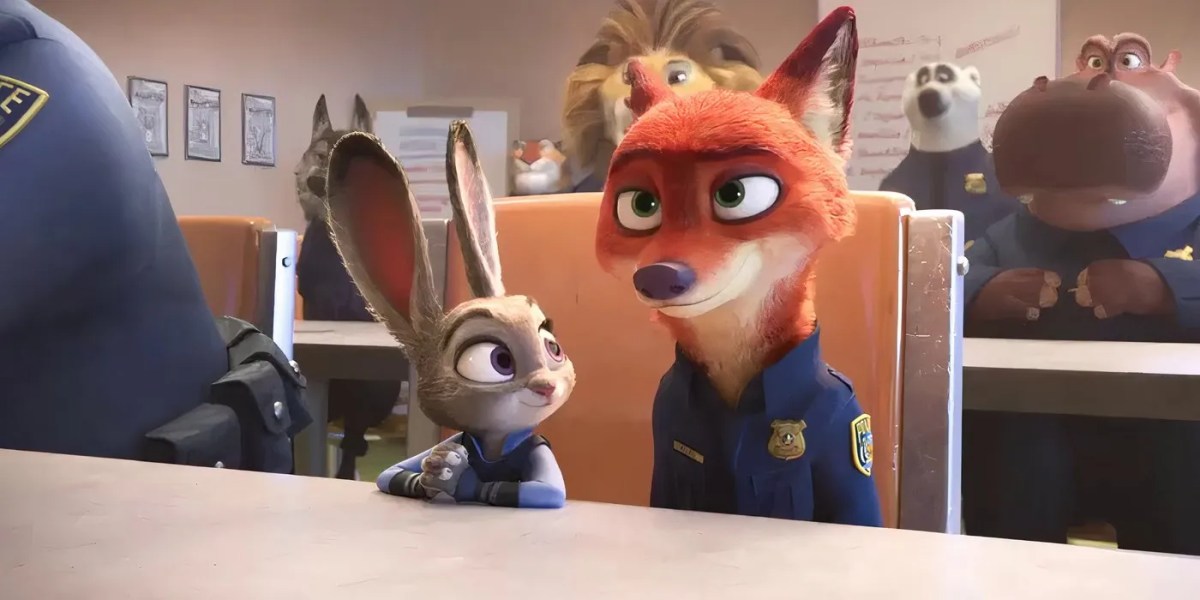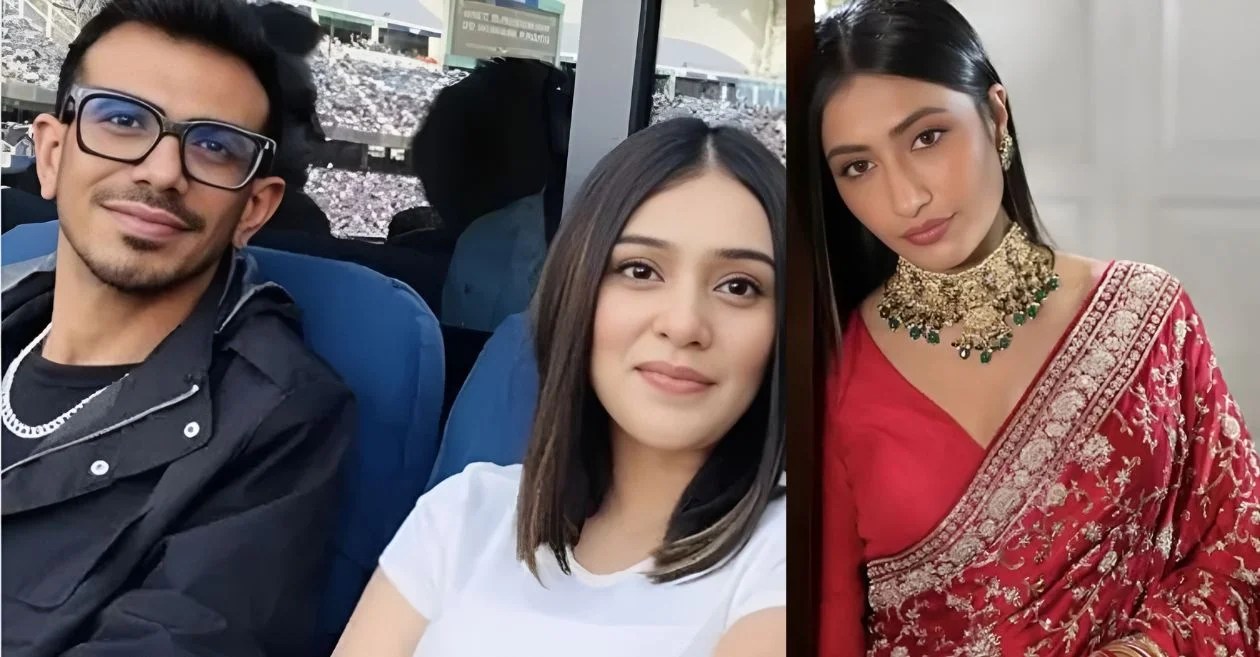
While Hollywood awaits his performance as John Lennon in Sam Mendes’ mammoth Beatles quadrilogy, Harris Dickinson has found the time to pop behind the camera. Urchin (which he wrote and directed) is his feature debut, starring a magnetic Frank Dillane as Mike, a drifter in London who can’t keep out of trouble.
LWLies: Was directing always something you were interested in or did that come after you started acting?
Dickinson: Actually, I probably wanted to be a filmmaker before acting became a real interest. I know that my fascination with films and cameras in general was very early, I was probably 9 or 10. I was making little things in the forest and I was making skate videos and I just loved filming, editing stuff and putting things together. Then it turned to a sketch show when I was 13, and I did weekly episodes and that was more comedic material…at least I thought it was comedic. When I started to get a bit older and understand drama a bit more, I was making these really crap short films with my friends and my family, and I’d get everyone involved but I never acted in them, but that led me to Raw Academy which is a local theatre school that’s still going. Acting was a way for me to express myself in a way that I’d never done before. I was trying to climb both ladders at the same time but once I started to get work as an actor, I didn’t prioritise filmmaking because it felt counter-intuitive to try and also do that. I had to prioritise auditions and self-tapes and earning money elsewhere, so it fell to the side, but it was always there. I was always writing stuff.
As someone who did work on sets for a bit as a runner, and has now seen the other side as an actor, how does that inform the environment you wanted to create on sets? It can be pretty rough sometimes for runners.
Yeah, it’s bad. I’ve been treated like that on sets as well as a runner, it’s horrible. But I’ve also spent years as an actor being protected, or at least they attempt to – people think they can hide what’s going on. I know that doesn’t make me unique in the sense I can understand what’s going on, a lot of people probably could understand the behind-the-scenes drama on a set. But that’s what I liked making Urchin – we made it very clear from the get-go, because I produced it as well. Archie and I at Devisio [the production company Dickinson runs with Archie Pearch] we spent a lot of time talking about how we create the right kind of atmosphere from the very start, and that comes from everyone that comes from each department and there’s no weak links there. It’s a constant battle because it’s a high stress environment, but you have to stay diligent with that, otherwise you can get complacent.
Get more Little White Lies
I know Agnès Varda’s Vagabond was a big influence on Urchin – were there any other films that were touchstones?
I’m almost reluctant to talk about them because it feels like setting yourself up. But we screened six films for the cast and crew. To preface this, these are films that I liked, it wasn’t like ‘These films we’re trying to copy’ – we screened Vagabond, Manila in the Claws of Light, Punch-Drunk Love, some documentaries by Marc Isaacs, 8 ½ by Fellini, Lovers on the Bridge by Leos Carax and Nostalghia by Tarkovsky. Then we might have done a few more. It was fun, it meant that we could watch stuff together, have a collective experience and talk about it afterwards. It meant everyone felt a bit more incentivised and inspired to make something a bit more high level, even if we don’t get there.
It’s also important with a story about homelessness that there is a degree of authenticity and you’re not a tourist in these worlds. Jack Gregory is credited as the homelessness and addiction advisor – what else went into the Urchin research process?
I think it was a process of informing each other continuously. I was doing some work at this local place in Walthamstow called Project Parker which was a refuge for unhoused locals. Then the council shut that down because it was deemed unsafe and there was a lack of regulation, whatever, whatever. I became interested and concerned with what was going on locally and obviously all over the country and all over the world, and I started to feel a little helpless in a sense. Then I got introduced to a charity called Under One Sky and I started to work with them for a bit, but that work felt separate from the research for Urchin, because I never wanted to be there trying to absorb stuff for material – I just felt like it was a necessary thing to go and get involved in. We opened up the script to scrutiny from people in probation, prison reform, restorative justice, mental health specialists, and we went into prisons and talked to people like Jack that had lived experience with homelessness and addiction and really just welcomed scrutiny and allowing people to be absolutely honest and brutal with their feedback and that for me was a really important part of the script.
I spent a lot of time getting people to trust that I was going to depict this world with a bit of grace. And also, to not try and exploit it in a way and just show it for what it is without any sense of tragedy, I wanted them to feel like a little community because that’s exactly what it is, and there’s also a lot of joy there. We had a lot of people from Cardboard Citizens which are an amazing theatre company that work with performers that have had experience with homelessness and domestic abuse. So we made that a big part of the tapestry of the film and ensured that that was a continual process, but I didn’t want to make a documentary or a laboured social justice film. I also wanted to make something that had scope and scale, that was a bit of an adventure. There’s room to base something in truth and then take it elsewhere.






